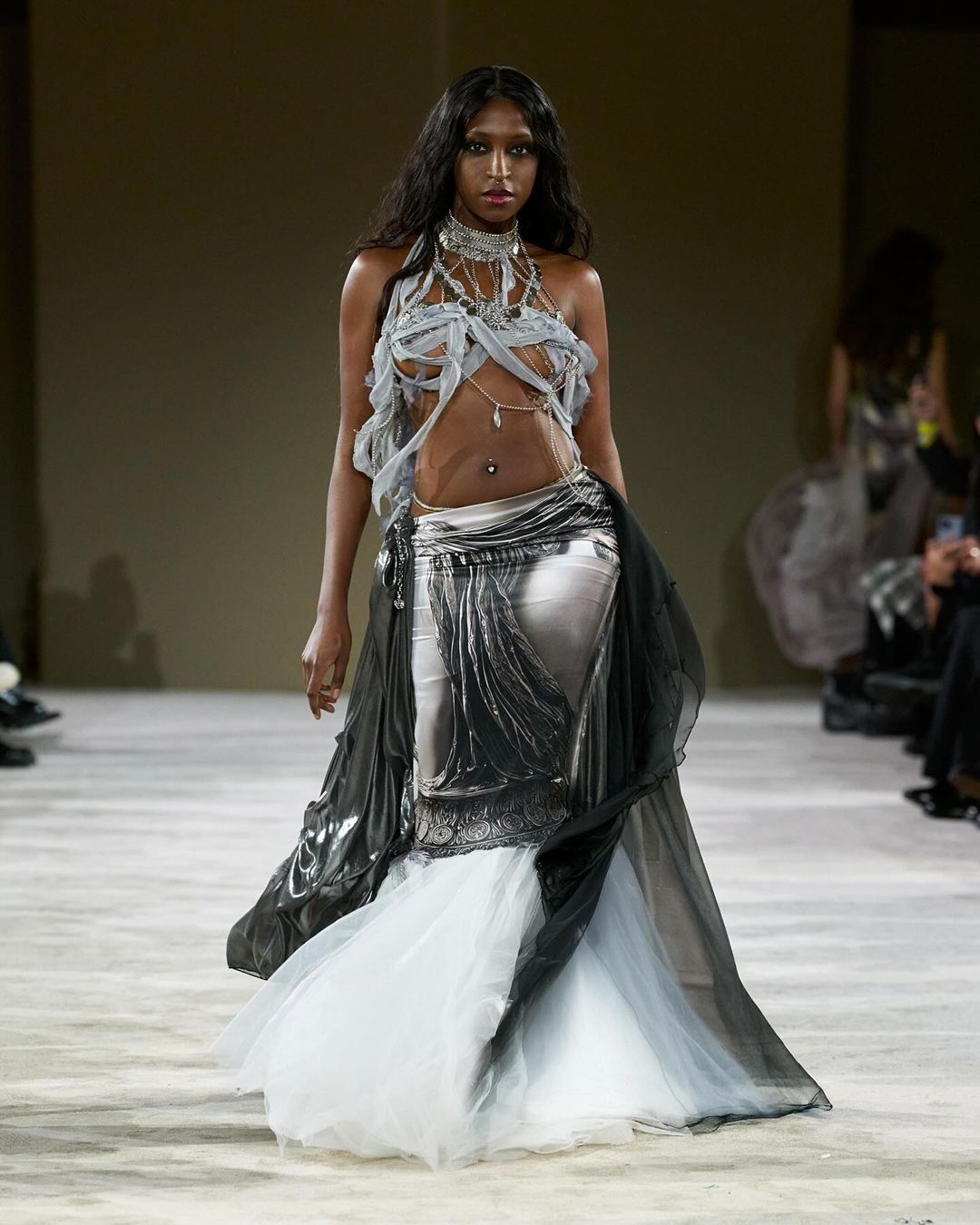
Tampax controversy sparks the web The hashtag #BoycottTampax has been trending in the US because of a tweet accused of "sexualizing women"
While, after Elon Musk's recent purchase of the company makes mass layoffs and many users have decided to delete their profiles, Twitter is slowly losing its appeal, but not before launching the latest controversy. This time in the center of the crosshairs is Tampax. Last Monday, the brand posted a tweet on its official account, inspired by the viral meme "You are in their direct messages...," which read, "You're in their DMs. We're in them. We are not the same." Result? It sparked a debate about period shame and people on their periods, which eventually led to the hashtag #BoycottTampax.
refused to let twitter shut down before we shared this tweet https://t.co/XVHHOcaZIK
— Tampax US (@Tampax) November 21, 2022
Users on social called the unfortunate joke "creepy" and "gross," believing that it "sexualized the menstrual cycle" and was completely inappropriate for a brand that claims to be "committed to making period conversation as normal as periods, so we all can feel educated, empowered and limitless every day of the month." Some have criticized the choice not to directly refer to women in the post, while others have mocked the company for being inclusive in an offensive post. It appears that those who disliked the tweet were particularly a group of anti-LGBTQ commentators and the TERF (acronym for trans-exclusionary radical feminist i.e., trans-exclusionary radical feminist) community who, to the cry of "Say NO, take your money away from Tampax," disapproved of the use of gender-neutral pronouns. For example, @CruelRider, who identifies herself as TERF in her bio, responded to Tampax by accusing the company of being "misogynistic trash" or like @Oldspeaker1 who referred to Tampax's 2020 statement that "not all menstruating people are women" as evidence that the brand devalues women.
Although Tampax's tweet can with some basis be seen as a sexualization of an entirely normal bodily function, any such comment shows how far we still have to go to break down taboos about menstruation and its narrative, which is still a long way from recognizing and accepting that "not all women menstruate, and not all people who menstruate are women," but that menstruation can also affect trans men, non-binary people, and so many other identities.

























































